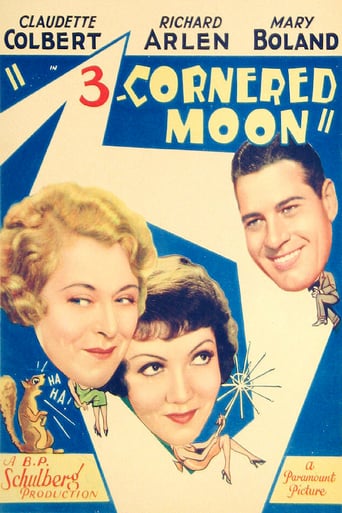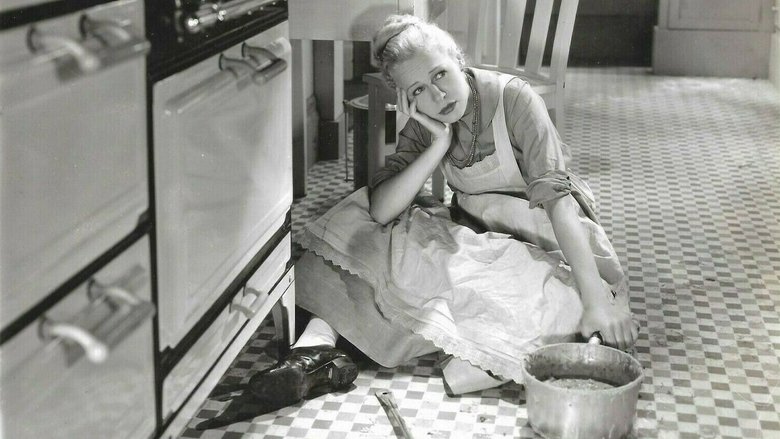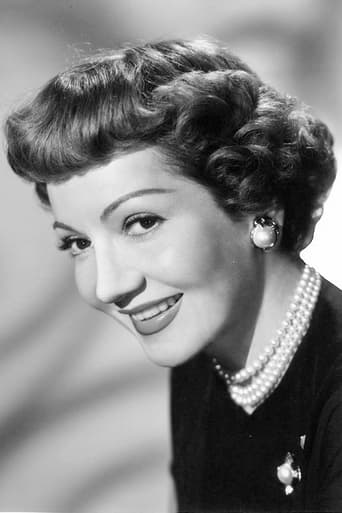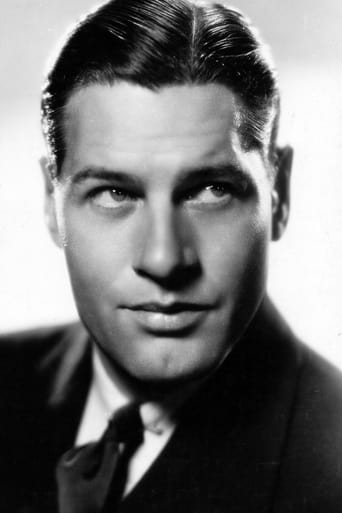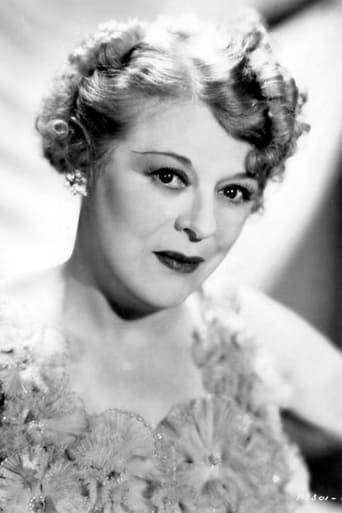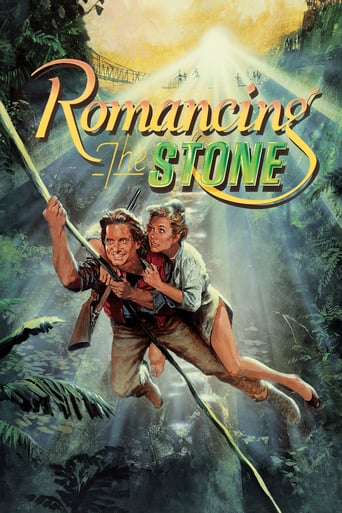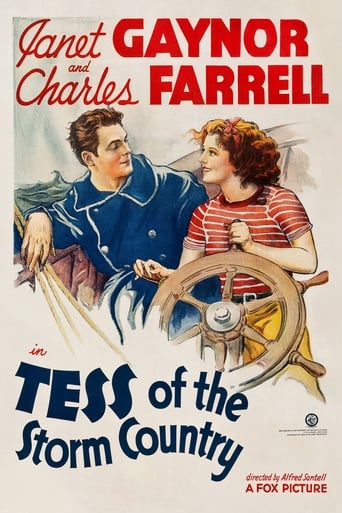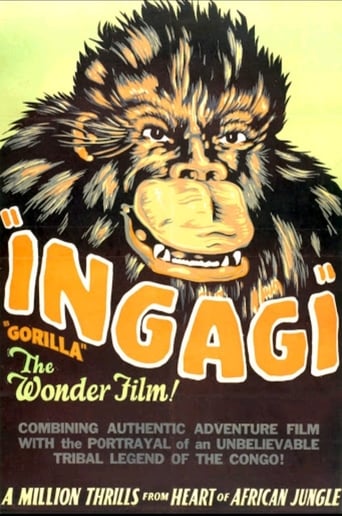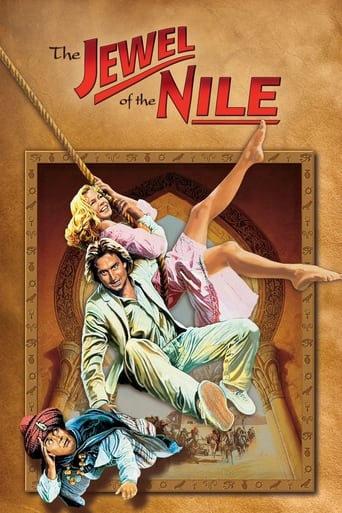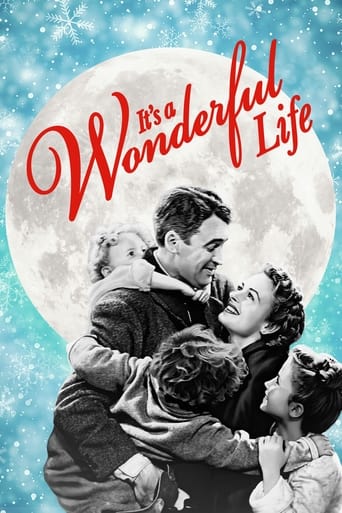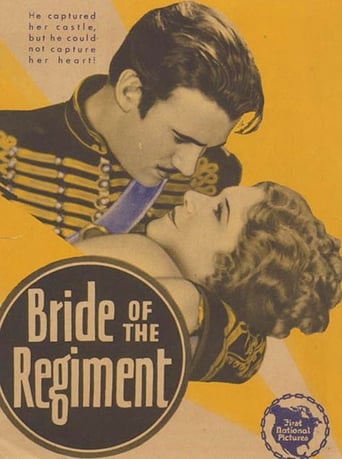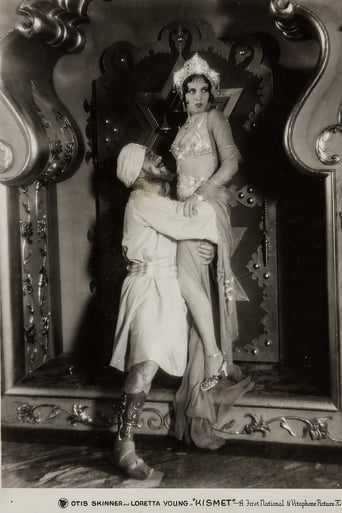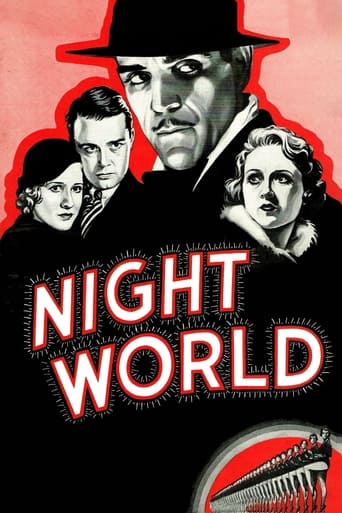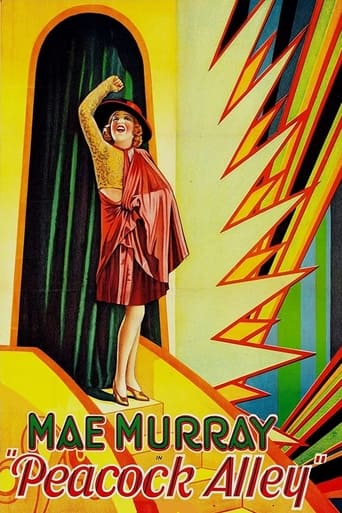Three-Cornered Moon (1933)
Elizabeth Rimplegar inhabits a household populated by virtual lunatics. Her mother, Nellie, mishandled the family fortune, and, alas, the stock market crash has depleted their worth. Elizabeth's goofy brothers cannot easily adjust to the life of the average worker. Meanwhile, the family doctor has his eye on Elizabeth, but he will have to compete with her suitor, an ill-informed writer.
Watch Trailer
Free Trial Channels
Cast


Similar titles
Reviews
Sorry, this movie sucks
Self-important, over-dramatic, uninspired.
The film makes a home in your brain and the only cure is to see it again.
An old-fashioned movie made with new-fashioned finesse.
Got this 1933 movie from the library. Colbert is charming as are the rest of her family members. She was not yet a STAR, but her star quality is on display. It's frequently a laugh out loud movie. The story line of a daffy matriarch, Mary Boland, who gets wiped out by the stock market crash of 1929 and her 4 adult children who are still living at home, and what they do to survive the crisis makes for a delightful hour or so. The maid/cook whose English is minimal does not add anything to the comedy, but this is a minor fault. I've never previously seen Richard Arlen, who stands on the sidelines, quietly loving Colbert, and was glad to see how at the ending one obviously wrong suitor was replaced for another.
If it weren't for the fact that there are no dead bodies buried in the cellar, the set of the house where 90% of the film takes place looks like the Brewster home from Arsenic And Old Lace. Like the Brewsters the Rimplegars are old Brooklyn money.Head of the clan Mary Boland could easily have been a third Brewster sister. Boland took a patent out on empty headed grand dame roles and what she didn't play Billie Burke and Spring Byington did. Some stock broker sharpie wheedled the family fortune out of her and the 1929 crash did the rest. She and her spoiled children which consist of Claudette Colbert, Wallace Ford, William Bakewell, and Tom Brown all have to make their own way in the world.As does Hardie Albright who was courting Colbert, he figured on a life of ease, but is reevaluating his situation with Joan Marsh. The only person around with any real sense is Richard Arlen who plays a doctor who likes the family and rents a room with them. They get his rent and free medical service, can't beat that during the Depression years.Three Cornered Moon ran for only 57 performances on Broadway in 1933 and playing Claudette's role was Ruth Gordon. Such movie cast names as Brian Donlevy, Elisha Cook, Jr., and John Eldredge were all in the Broadway cast. Though the play has a few laughs you don't really get involved with the Rimplegar family as such. Claudette Colbert had much better comedy roles in her future.
This film is charming largely because of the lead Claudette Colbert, whose elfin presence makes it all come alive. The film itself never wholly overcomes its origins as a play by Gertrude Tonkonogy (died 1989) written for the stage rather than the screen, her play of the same title having opened in March of 1933 and been released in this film version within four months of that. Clearly the producers were looking urgently for a 'feel good' story which drew comfort from a cheerful survival of the hard times. The story features an eccentric family, the father of which is dead, named Rimpelgar, Colbert being the only daughter. The Rimpelgars live in a huge rambling house in Brooklyn, that part of New York which is not Manhattan and is on the wrong side of the river, and which in their day, the 1930s, was a fine place to live. (Today, that can only be said of patches of Brooklyn, though there is an ongoing struggle to make it regain its dignity.) They do not have Brooklyn accents because they are rich people, or were before the father died. Now the dotty mother (played by Mary Boland) has lost everything through being, well, an idiot, and letting a scoundrel take it all and invest it in a worthless phoney mine called Three-Cornered Moon. (This must have been clearer in the play, because in the film the reason for the title is pretty obscure and mentioned only in passing.) So they are all suddenly thrown out of non-work into hard work, the daughter and her three brothers. The eldest brother is played by Wallace Ford, and what a surprise it is to see him as he was before he became the grizzled elderly character actor that he played in so many films decades later. Yes, the times are hard, as it is the Depression. There are many times when they all have nothing to eat and sit at a grand dining table with only a little bread between them. But they 'smile through', and all ends happily, despite a great deal of worry, tension, and stress. There is a side story about Colbert being in love with a self-indulgent would-be writer who is always working on Chapter Fourteen of the great novel which is never finished. She puts up with him for most of the film, to our great disgust, until she finally is freed from her blind love, sees the light, and dumps him. There are a lot of jokes about the Polish maid (Lyda Roberti) who cannot speak English and calls flowers 'George', but although that may all have been funny in the 1930s, it isn't now. The film does not lead to grim fate but smiling through gets them through, and this must have been a tonic for a weary public struggling to emerge from the Depression which was supposed to be over but, like the one now, is not over at all except in theory or because some politician says so. Maybe as things go on getting worse, we can recommend this film to our friends and contemporaries today, and let them remember that in 1932 a great deal of Claudette Colbert and her family 'smiling through' took place, so that we ought to try a little of that ourselves. If we can force the smiles, that is.
I happened to catch this movie on TV one day when I was in junior high, and it made a lasting impression on me. My parents had told me about their childhoods during the Great Depression of the 1930s; Dad in particular was haunted by the memory of those days, when his upper middle-class family experienced a sudden, frightening plunge in their standard of living. I also read about the era, but in a curious way it was this film that helped me understand the human impact of that painful period with special vividness. Three Cornered Moon starts out like a comedy, a screwball comedy about a rich, wacky family, but then the Depression hits and reality smacks them all in the face. The tone changes, the plot shifts gears, and we find we're watching a drama about a group of chastened people who learn to deal with adversity and grow up in the process.The story concerns the Rimplegars of Brooklyn. Right off the bat the family name suggests comic eccentricity, and after a humorous intro of the characters we're primed to laugh. This mood continues through the first scene, when dizzy matriarch Nellie (Mary Boland) is revealed in the kitchen, wearing a ridiculous feathered gown as she attempts without much success to communicate with the family's Polish cook. Nellie is a widow with three adult sons and a daughter. The family lives in a mansion and they appear to be wealthy, but when the laundryman shows up demanding $11.47 from the lady of the house it seems to be something of a problem finding the money to pay him. Nellie refers vaguely to the Depression ("I hear it's still going on") as she stalls for time, but ultimately she's able to pay most of the tab.The various family members are good-hearted but rather silly. One son is involved in community theater and takes himself very seriously, while another is a hard-partying college boy. Daughter Elizabeth (Claudette Colbert) is involved with a pompous novelist, and is given to histrionic speeches about the meaninglessness of life. As soon as the character relationships have been established, however, disaster strikes. The younger Rimplegars are horrified to learn that Nellie has invested all the family's money in a fraudulent metal mine called Three Cornered Moon (a strange and perfectly chosen name) and that their savings been completely wiped out. And this is where things get interesting. The children, privileged all their lives, must face reality and scramble for jobs, just like everyone else. They do so with admirable grit and grace, and we find that they're made of stronger stuff than we may have assumed. Naturally, the comic elements of the story fade as the serious theme kicks in. The turning point comes when daughter Elizabeth sets out to look for work, and this passage is marked with an impressive montage of contemporary news footage of the unemployed, shots of weary feet pounding the pavement, close-ups of job listings, and audio clips of exhausted job-seekers: "I spent my last nickel on the subway," etc. It's a sobering sequence that beautifully captures the grim mood of the era.Eventually, and because this is still essentially a comedy, the Rimplegars manage to overcome their problems and eject the moochers who exploited the family in flush times, thanks in part to the intervention of a handsome young doctor (Richard Arlen) who is sweet on Elizabeth. It's easy to see why he's drawn to her: Claudette Colbert is at the peak of her beauty here. She gives a finely nuanced performance, and we watch as her Elizabeth matures from an affected, overgrown adolescent to a sadder but wiser young woman. Colbert begins in a low key but builds in intensity, and when at one point she mistakenly believes her brother has died her hysteria is disturbingly credible.The distinguished critic Leslie Halliwell classified this film as a "slightly screwball" romantic comedy, which I believe is an apt description, and he opined that its humor had faded with time. That also feels like an accurate assessment, but to my way of thinking the comedy in this story is secondary to the drama, whatever the filmmakers' intentions might have been. In seeing Three Cornered Moon again after so many years I can easily understand why it made such an impression on me as a kid. The upbeat ending comes as a blessed relief, but it's hard to shake the traumatic echoes of the story's darkest moments. Silly or not, the Rimplegars are sympathetic figures. Like so many other people of their time they found themselves faced with a genuine crisis that tested their mettle. My parents and grandparents were in a comparable situation. The financial meltdown of 2009 hasn't reached the nadir of the early 1930s, but similar fears are in the air, and seen today this movie packs a quiet but well delivered punch.

